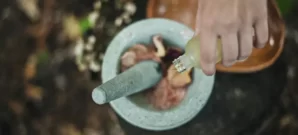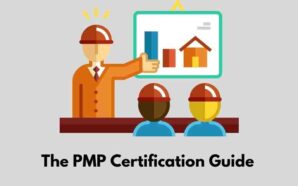Thinking is a natural process and almost everything we do is an outcome of thinking at subconscious or conscious level. For instance, when we walk, we constantly monitor our path, any obstacles or threats such as other people, objects, vehicles, trees and animals etc. We apply our thinking to decide what we wish to eat for dinner. Similarly, the process of cooking food is also guided by memory and thought processes.
However, there are times when we are faced with complex situations, problems and scenarios which could be unprecedented and contrary to the normal course of action. In such circumstances, we need to use various faculties such as analysis, synthesis of information, gathering further information, observation, reasoning logically, communication etc to come to a conclusion or devise a solution. Essentially, every innovation is an outcome of critical thinking.
In such a scenario, it won’t be wrong to say that critical thinking is crucial to evolution and development. We need to be adept at critical thinking to overcome challenges and to find solutions to new problems. When humans first came across a river, they didn’t know how to cross it. Eventually, they learned swimming through observing other creatures, analyzing their physical form and the techniques needed to swim across the river. Subsequently, someone might have observed a log float on water and improvised to use it as a boat and later on connected various logs to make a temporary bridge.
The good thing about this essential skill is that it is one of those self-management skills that can be honed through practice and here we present to you certain steps that will help you become proficient at critical thinking. Let’s take a look at them:
Probing
Probing or asking questions is one of the main techniques of information gathering which in turn serves as the basis for logical reasoning. There are certain basic questions that usually help in collecting relevant information about problems, processes and potential solutions. You can probe by asking relevant and simple to understand questions such as:
How do you do this?
How do you know it?
How to do it?
What is the right way of doing it?
Have you done this before?
Ask not assume
To simply assume things or accept statements or facts presented to you without probing is usually not a good idea. Imagine, you are walking through a deep mountainous forest, and suddenly you come across two different paths.
You see a dog sprint across one path and assuming it to be the right way, you follow the dog without any inhibition, and halt inches before a bottomless ditch while the dog simply runs back. How would you feel?
We don’t need rocket science to understand that assumptions and premises presented by others should always be examined logically, based on your own values and possibilities.
Know your own mind
Human brain is a highly complex and smart processor. It is capable of storing and processing information at an incredible speed. Most of our actions appear to be spontaneous, but are usually driven by the templates created by our own mind. The brain constantly looks to reduce hardships and achieve its objectives faster and with greater ease. That’s why it frames shortcuts to define things and processes or to create our default responses.
In the ancient times when humans lived in the wild and usually had no more than a couple of seconds to defend themselves or get killed, such fight or flight shortcuts were crucial. However, such ‘default’ actions can be damaging in certain modern life situations. We all have our own biases and shortcuts, but being mindful of them is important to critical thinking.
Don’t take things as they are
It is not unusual for things to turn out differently from what they appear to be. In a forest, it might appear to be the bark of a tree, but it could be a chameleon and in the desert, it might appear to be a pool of sparkling water, but it can turn out to be a mirage.
Similarly, in the world of business what might appear as a great proposition could actually be a disadvantage or a product or service that appears to be a steal deal might actually be costlier than its actual value.
Hence, don’t accept things the way they are presented to you. Observe, understand and then assess them as per your own wisdom.
Gather information
At times when you set out to solve a problem, the information offered by others might not be holistic or relevant. Hence, you must apply your own skills of observation, probing, listening and other forms of information gathering before deciding on the solution.
Self-conducted research can usually be the differentiator in overcoming challenges.
It is evident that critical thinking is paramount to success in the modern world and it is a skill that employers and clients greatly appreciate in a person. Hence, you must use the above mentioned tips to improve your critical thinking abilities as far as possible.
















